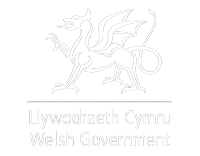Home > News > Farming in Focus InBrief – June 2020
- With the unfortunate cancellation of the physical Cereals Event this year due to Covid-19 we are unable to invite you to our stand at the show. However, we are still keen to share with you our thoughts on the prospects for UK arable farming and present the information we usually have on our boards. Therefore, we will be conducting a virtual ‘tour of the stand’ on Monday 8th June. The presentation will be led by Richard King and there will be an opportunity to post questions during the session. The Briefing will commence at 4.00pm and will run until approximately 4.20pm. To reserve your place please follow this link – https://attendee.gotowebinar.com/register/2375741569447559436. Please note that places are limited. We hope that you will be able to join us.
- The Government has added to the schemes available to help businesses cope with the effects of the Coronavirus outbreak. The new Bounce Back Loan Scheme (BBLS) opened on 4th May. Unlike the Coronavirus Business Interruption Loan Scheme (CBILS), the Government will guarantee 100% of the loan under BBLS, as opposed to 80%. This means that the banks providing the loans have a much lower requirement to undertake due-diligence on the application. Loans of between £2,000 and £50,000 are available. The Self-Employed Income Support Scheme (SEISS) is now also available which will be of interest to many self-employed farmers, and the Coronarvirus Job Retention Scheme (Furlough) has been extended until the end of October. However, from August the scheme will alter.
- Following intense lobbying, the Government has announced targeted support for dairy farmers affected by the Covid-19 outbreak. Businesses in England and Wales which have seen their income drop by more than 25% during April and May will be able to claim under the scheme. The support will be equal to 70% of the lost income for these months, up to a maximum of £10,000. More details on the scheme, including how to apply, are still awaited. Please speak to a consultant if you require advice on any of these schemes outlined.
- The UK has set the tariffs that have to be paid on imports entering the UK after the end of the Brexit Transition Period when it will replace the EU Common External Tariff (CET). If there is no trade deal in place with the EU by the end of the Transition, then these tariffs will also apply to imports from the EU as from 1st January 2021. The new tariff regime represents somewhat of a U-turn from earlier Government policy as UK farming will continue to receive protection from cheaper global imports, differing substantially from the big reductions initially proposed in March 2019. Most of the tariffs under the CET have been maintained at pretty much the same levels, but converted from Euros into Sterling. Effectively, the protection around the UK market will be kept at the same level as it was around the EU Single Market.
- The Agriculture Bill passed its remaining stages in the House of Commons in May. An attempt by some Conservative MPs to get an amendment included in the legislation that would have made imports of food meet UK standards on animal welfare, the environment and food safety, was defeated by 328 votes to 277 and the Bill itself passed by 360 votes to 211. It now passes to the House of Lords.
- The Government has confirmed that the domestic Renewable Heat Incentive (RHI) scheme will remain open until 31st March 2022, however the non-domestic element will close on the 31st March 2021. The Government has issued a consultation (closing date 7th July) on future support for low-carbon heating.
- This month’s Spot Light feature examines the latest trends in the UK’s Total Income from Farming (TIFF). Click here for more information.



